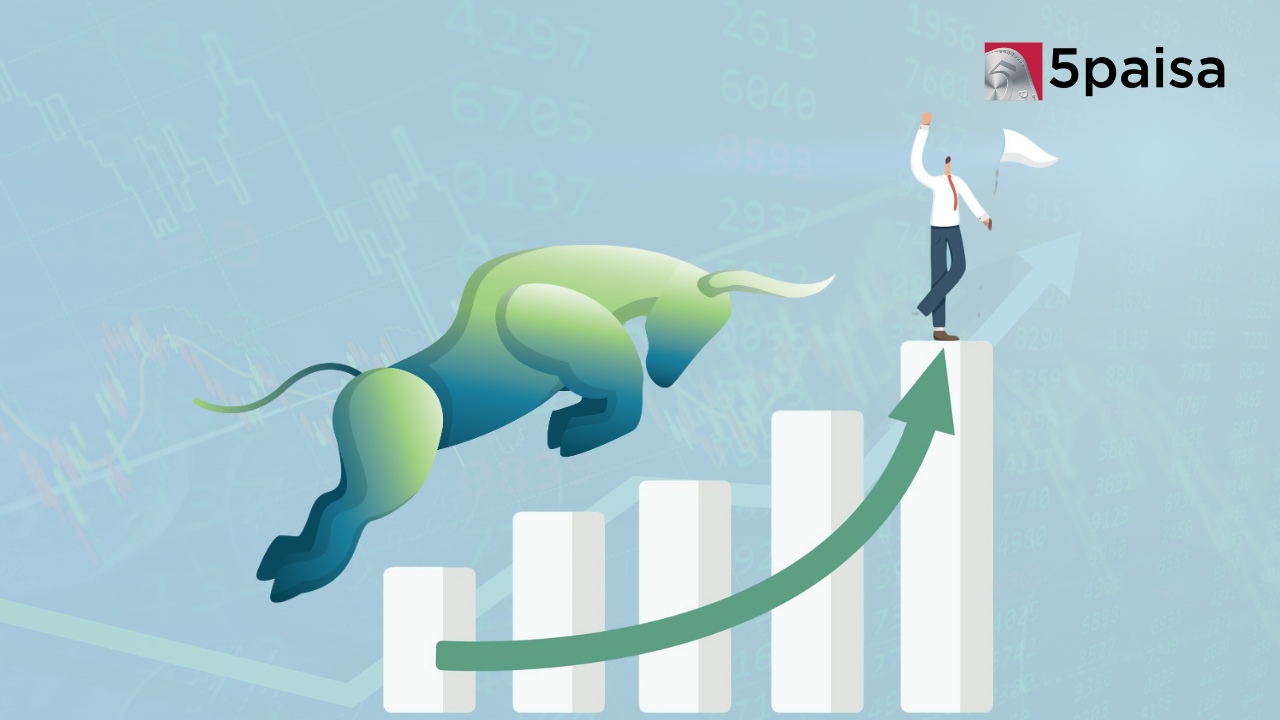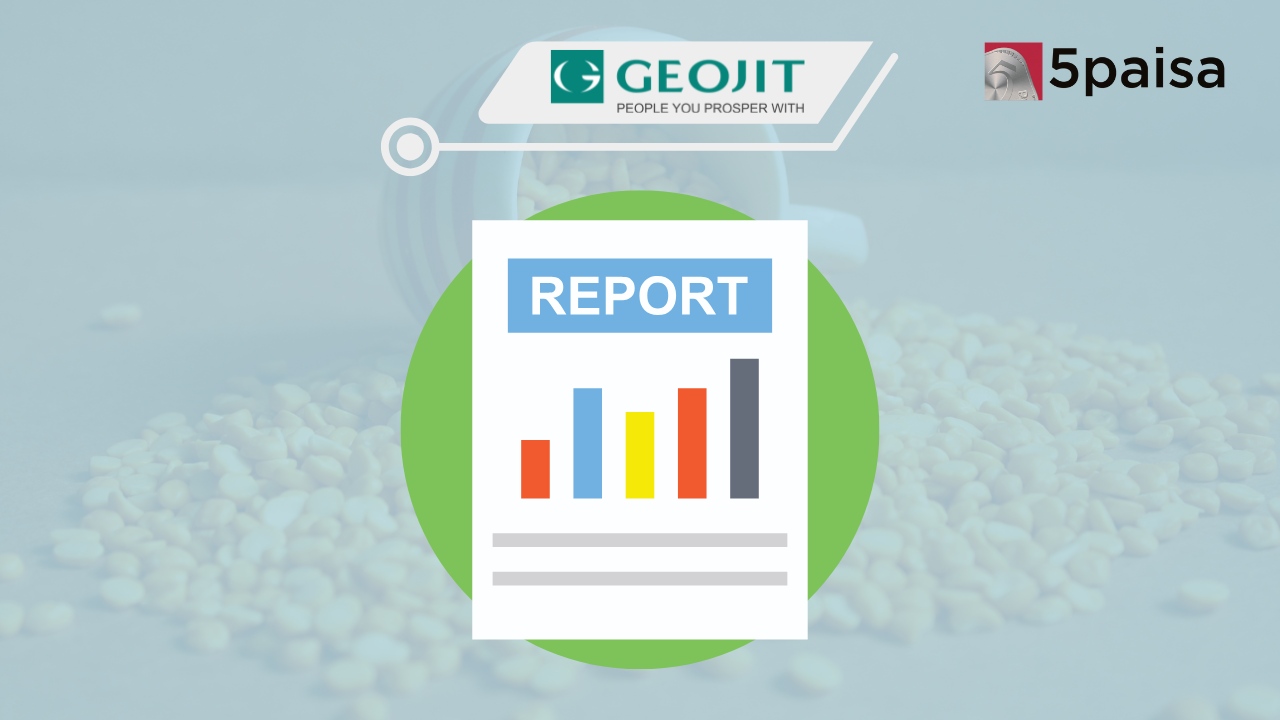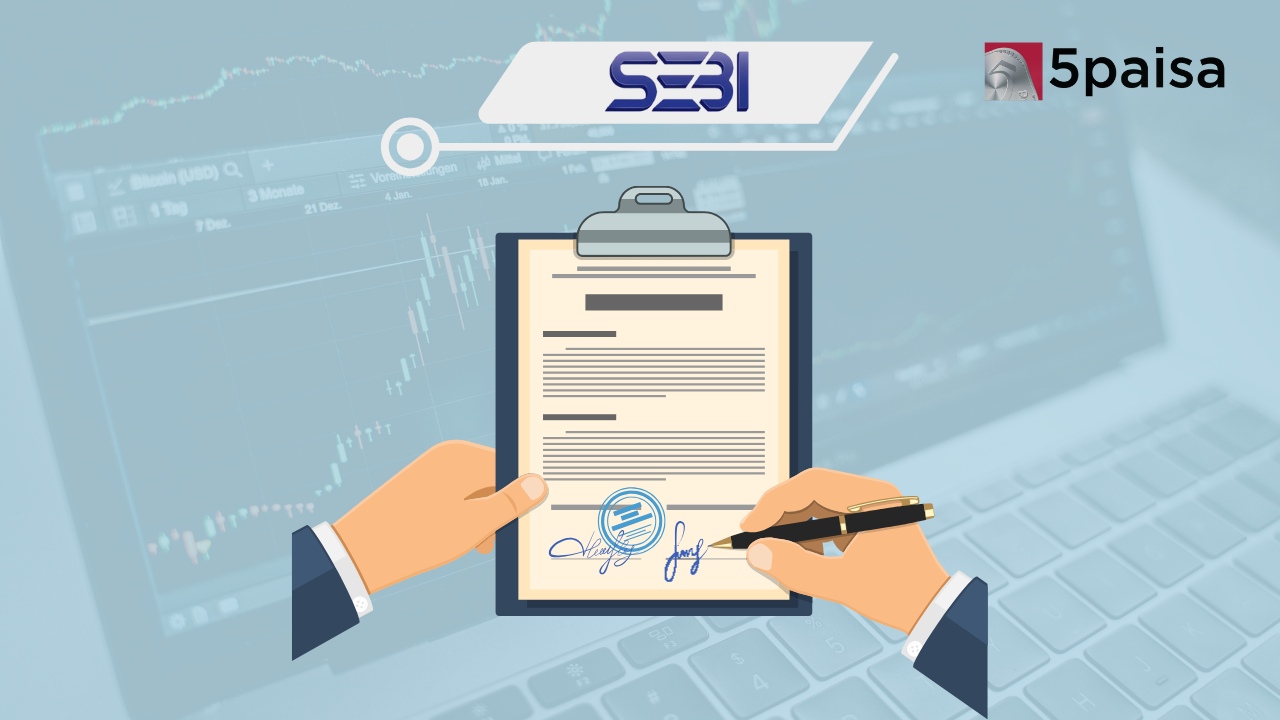Nifty, Sensex Rebound as Heavyweights Lead Market Recovery
WPI inflation eases in July. Here's what helped cool it off

Last Updated: 16th August 2022 - 03:36 pm
The recent interest rate hikes by India’s central bank seem to be showing some impact, at least as far as the wholesale inflation goes.
The wholesale price-based inflation eased to 13.93% in July thanks to easing prices of food articles and manufactured products.
The Wholesale Price Index-based inflation was 15.18% last month and at a record high of 15.88% in May. It was 11.57% in July last year.
But does that mean wholesale price inflation is no longer a cause of concern?
Not really. While the WPI inflation continued its declining trend for the second month in July but it remained in double-digits for the 16th consecutive month beginning April last year.
How do individual items look on the inflation chart?
Inflation in food articles in July eased to 10.77% from 14.39% in June.
The rate of price rise in vegetables declined substantially to 18.25% in July against 56.75% in the previous month.
In the fuel and power basket, inflation was 43.75% in July compared to 40.38% in the last month.
Inflation in manufactured products and oil seeds was 8.16 % and (-)4.06 %, respectively.
But doesn’t India’s central bank mostly see retail inflation?
Yes, the Reserve Bank of India is more concerned with retail inflation. Retail inflation remained above the RBI's comfort level for the seventh month in a row and was at 6.71% in July.
In fact, even going forward retail inflation is expected to remain above the central bank's upper tolerance range in the near term, necessitating more rate hikes in coming months.
What do analysts have to say about retail inflation?
"High frequency price data suggest that headline inflation is likely to remain around July levels in August...We expect headline inflation to remain above 6% until February 2023, and core CPI inflation to remain sticky at a shade under 6% in the remaining months of FY2023," Nomura economists Sonal Varma and Aurodeep Nandi said in a note.
Gaura Sengupta, economist at IDFC First Bank, said the outlook on food inflation still faces uncertainties given the uneven rainfall. For the first two weeks of August prices of vegetables, cereals (rice and wheat) and pulses are tracking higher. Rice sowing has been impacted by deficient rainfall in key producer states.
"We expect the RBI to deliver two 25 bps rate hikes each at the September and December meetings, taking the repo rate to 5.90%. However, if global commodity prices continue to decline, we note the risk that the bank does not raise rates in December," Rahul Bajoria, chief India economist at Barclays said.
- Flat ₹20 Brokerage
- Next-gen Trading
- Advance Charting
- Actionable Ideas
Trending on 5paisa
Indian Market Related Articles
Disclaimer: Investment in securities market are subject to market risks, read all the related documents carefully before investing. For detailed disclaimer please Click here.
 5paisa Research Team
5paisa Research Team




